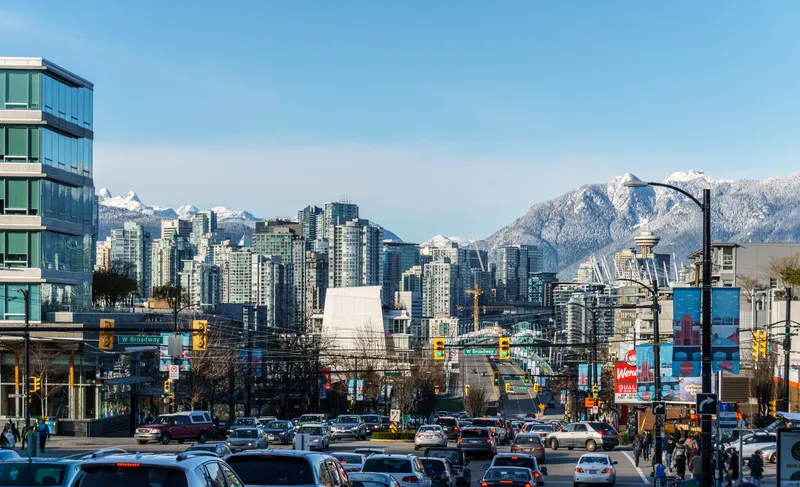
The UK government would be better pursuing transit-first policies as part of its green strategy, rather than focusing on electric vehicles (EVs).
That's according to Audrey Denis, strategy manager at Cubic Transportation Systems (CTS), in response to last week's green energy policies and decarbonisation commitments, intended to help meet climate change goals.
“Making a sustainable vision a reality is easier said than done, especially when it comes to transportation," she says.
"However, it's frustrating to see the UK’s new green strategy once again centre around electric vehicles - which bring a multitude of challenges in the pursuit of Net Zero."
Part of the UK’s ‘Green Day’ - the UK government’s response to the Biden-Harris administration’s Inflation Reduction Act in the US - was a £380 million commitment to grow the UK's EV charging network.
"While alternate fuel sources are important, even an electric vehicle is taking up valuable space on our roads, contributing to congestion," says Denis.
"The rapid increase of cars will require more road-building - which in itself will cancel out 80% of the carbon savings from a switch to electric over the next 12 years, analysis shows. If use of EVs reaches 80 % by 2050, this would also require an additional 150 gigawatts of electricity for charging them, which risks offsetting the positive climate impacts."
Pursuing transit-first policies is the best way to cut car dependency and shift travellers to public transit," Denis concludes.
"With the right tools, passenger behaviour can be changed – or ‘nudged’ – to make an impact on traffic and pollution."








